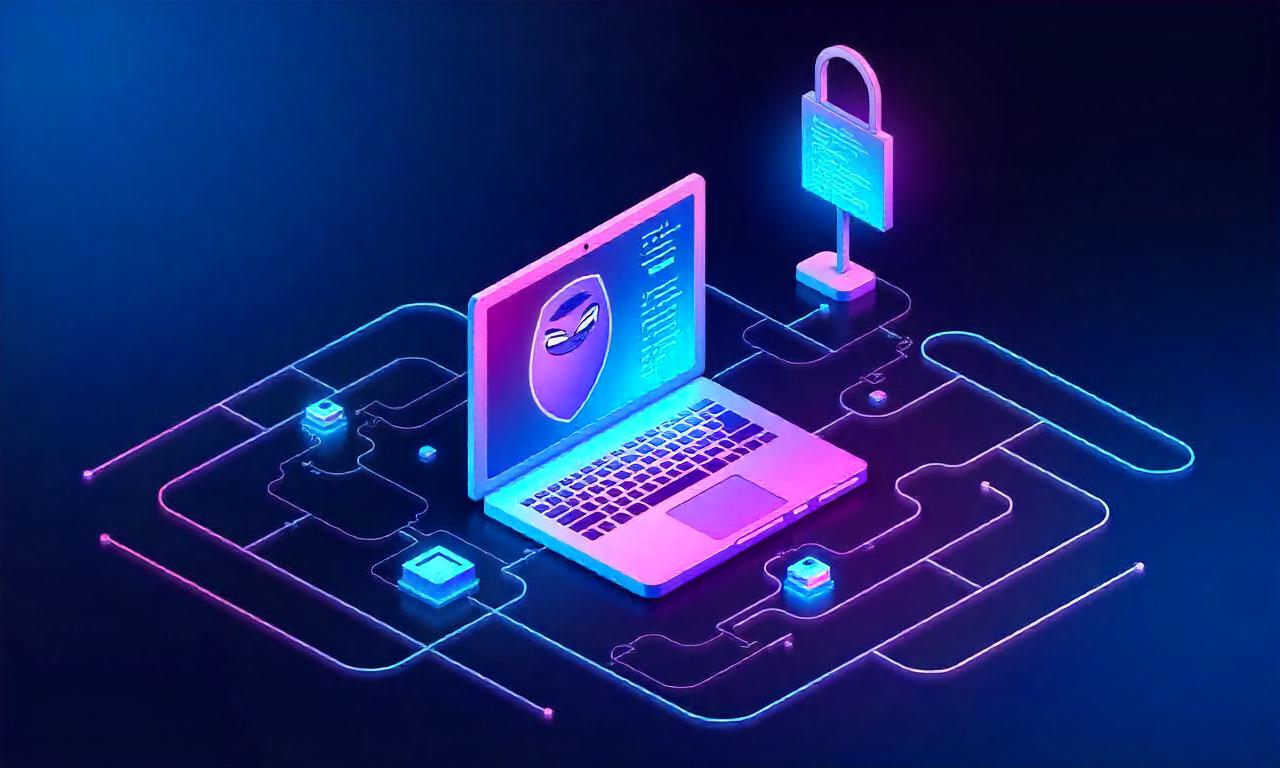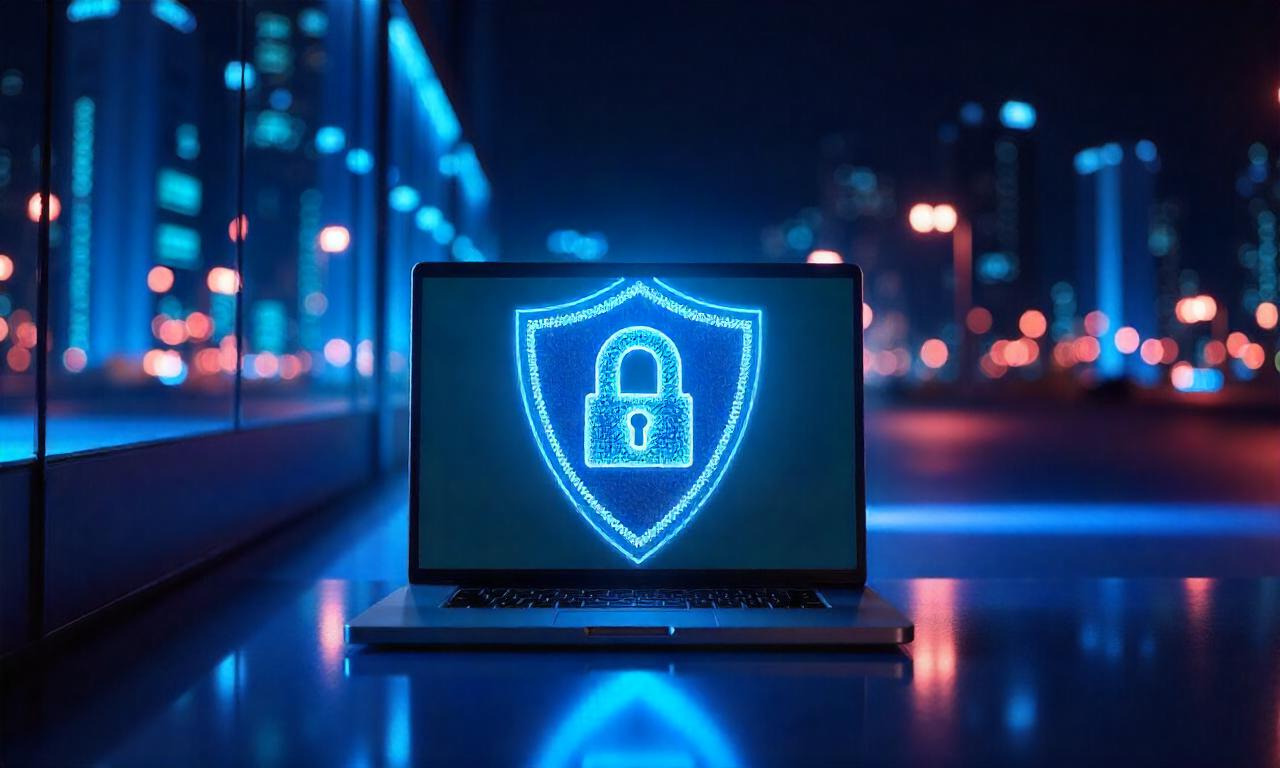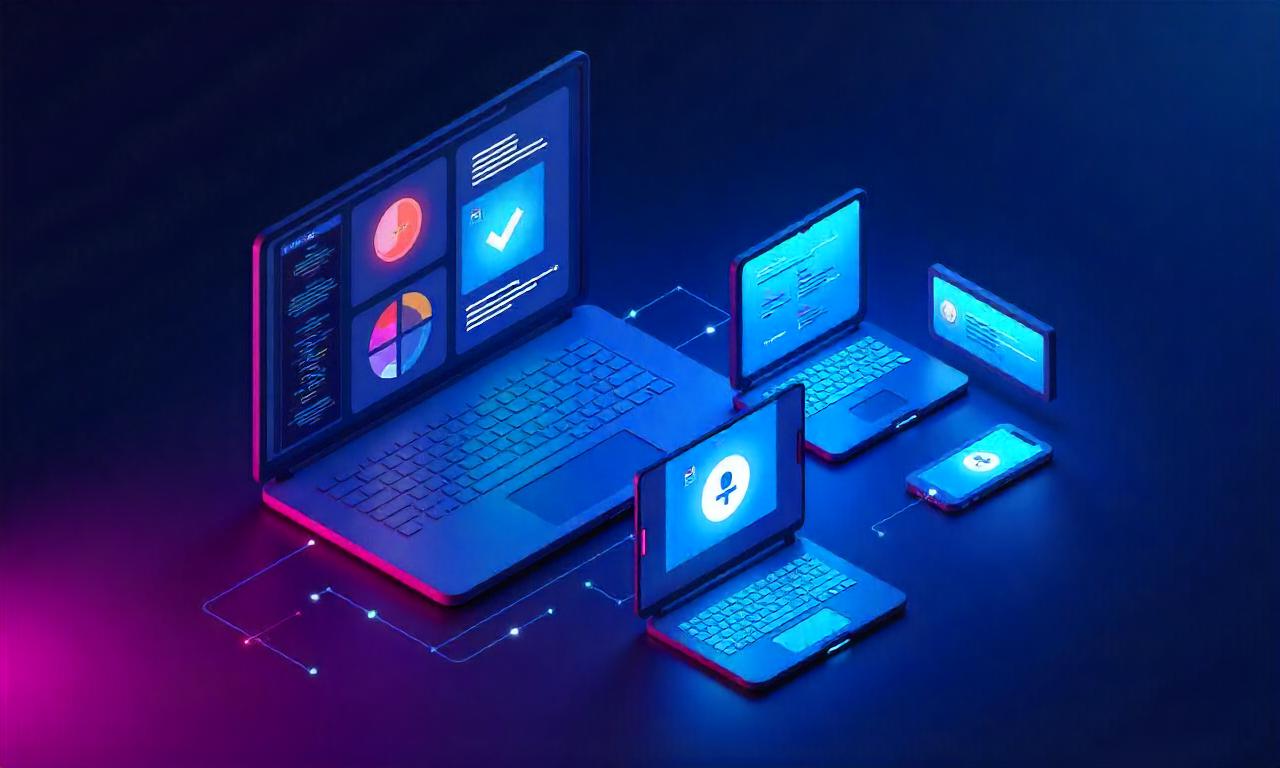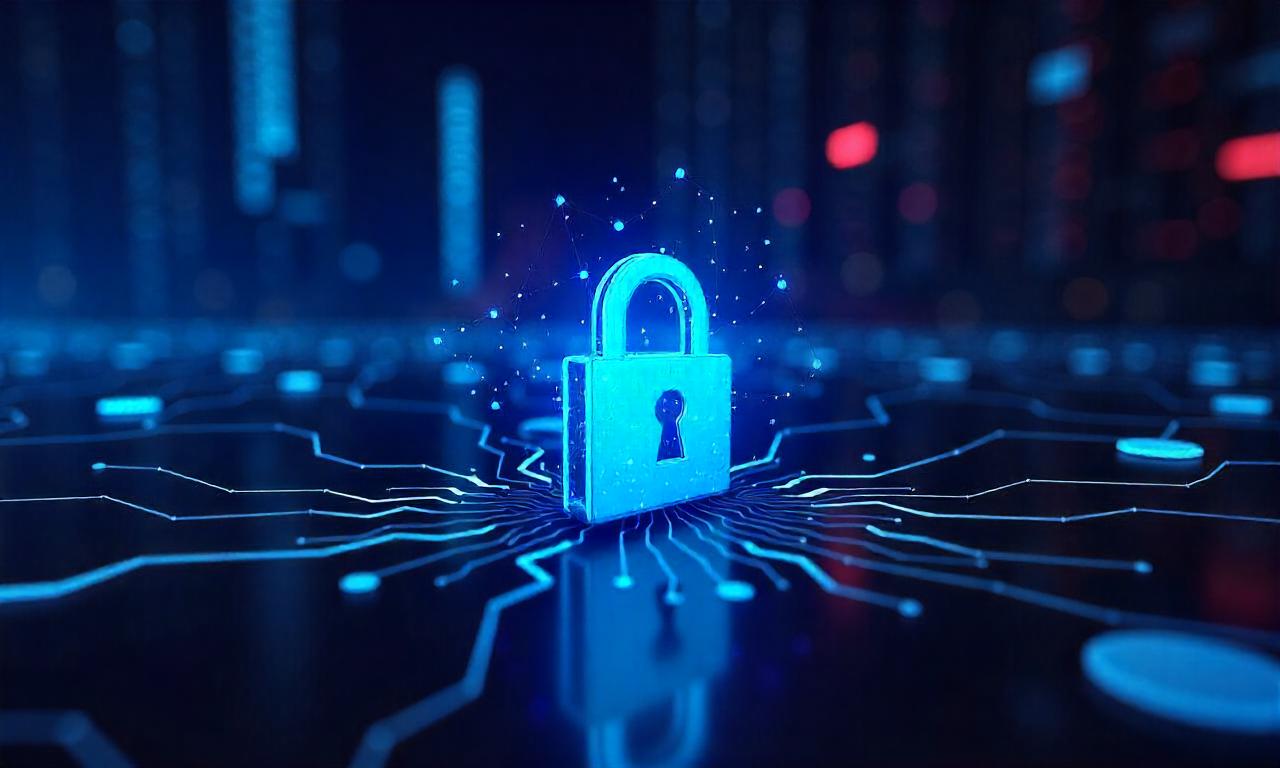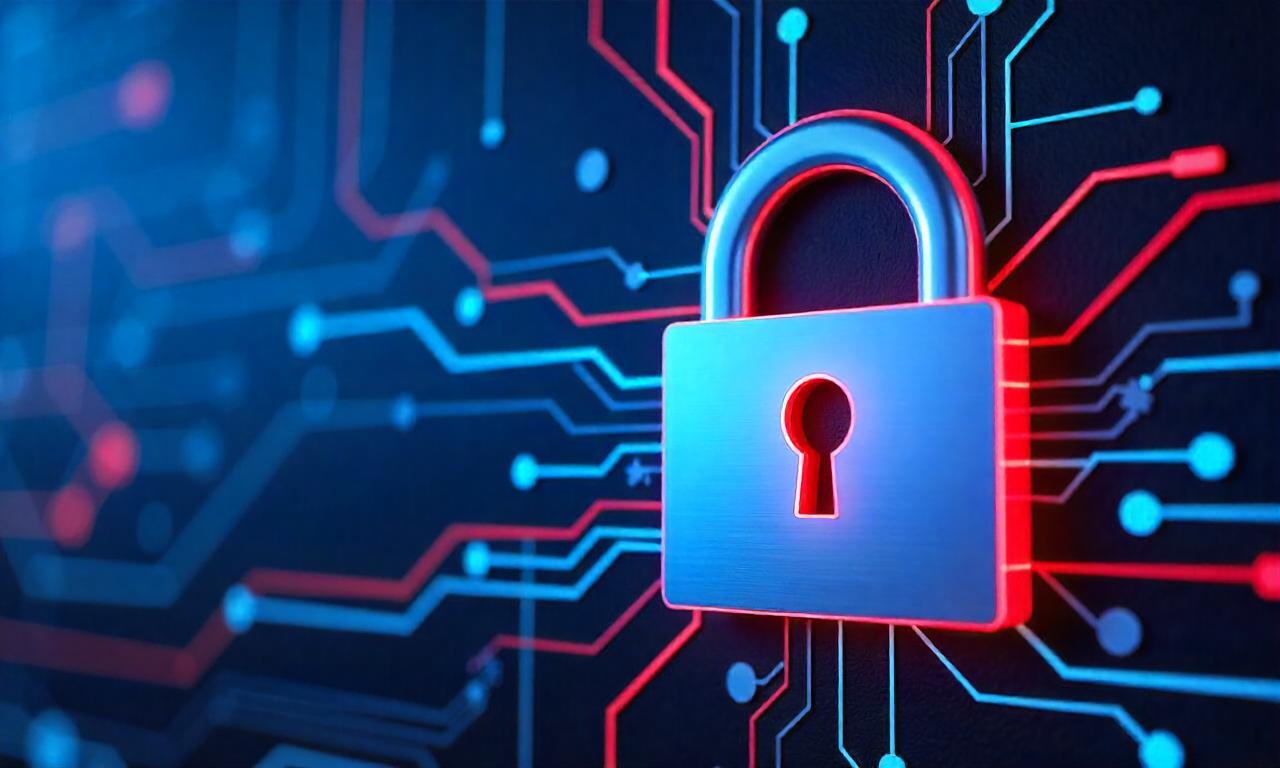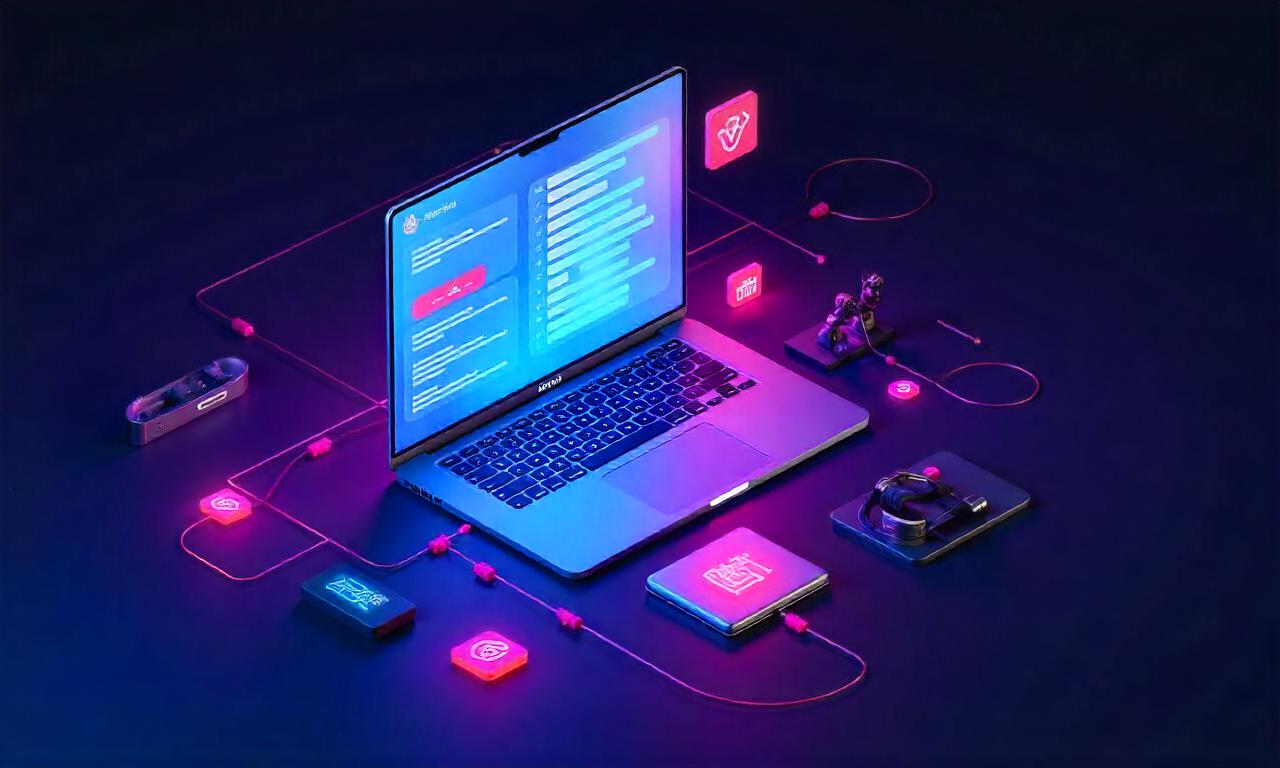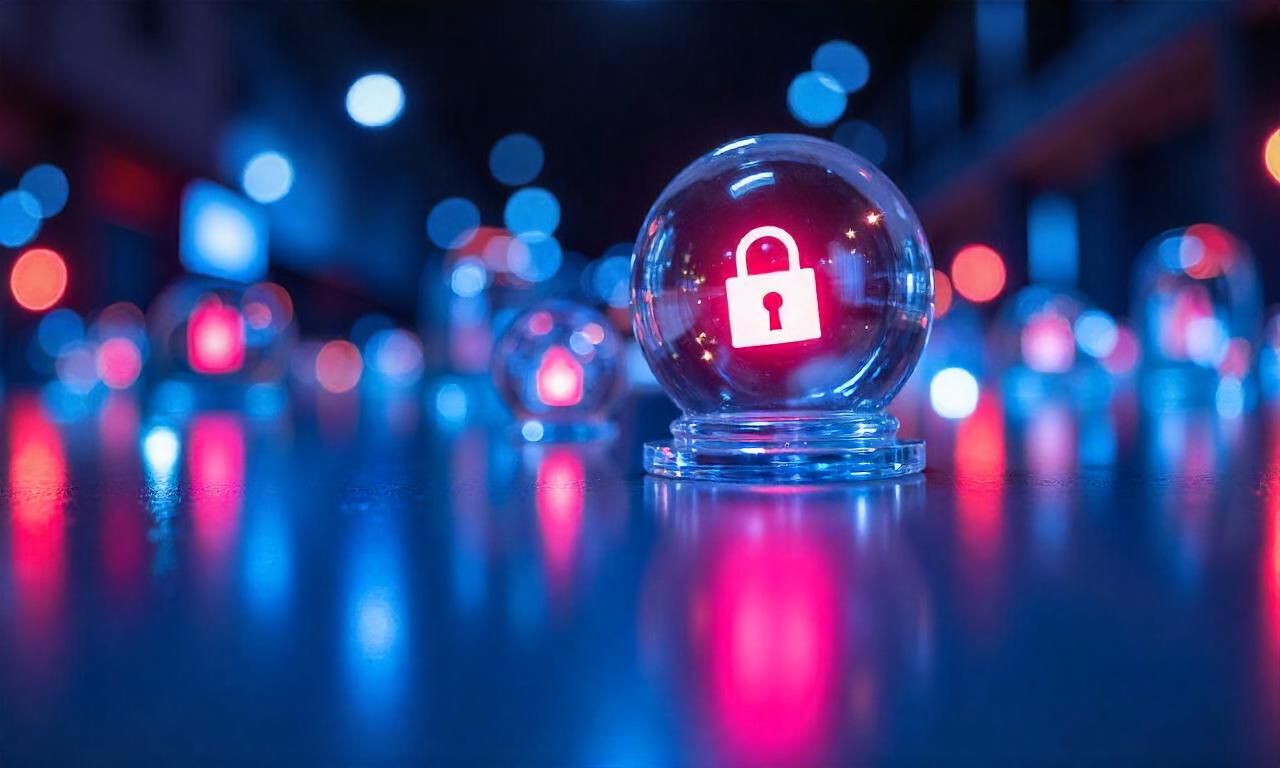VPN Pieces – Understand how VPN logging policies impact your privacy and security. Learn why choosing a no-logs VPN is crucial for protecting your online activities.
Do you trust your VPN to keep your browsing history private? Many users overlook the importance of VPN logging policies, not realizing how these policies can affect their privacy.
What are the risks of VPNs that log your data? Depending on the policy, your personal information could be stored and potentially shared, leaving you vulnerable to data breaches and surveillance.
Table of Contents
ToggleUnderstanding VPN Logging Policies
At the core, VPN Logging Policies define how a VPN service handles user data—what’s collected, how it’s stored, and for how long. While VPNs encrypt your traffic to protect it from prying eyes, their true effectiveness depends on whether they retain metadata or usage logs. This is where terms like “no-log VPN policies” and “zero-log VPN services” become crucial.
Many users assume that any VPN equates to total anonymity, but not all VPNs operate with the same level of transparency.
Some collect minimal data for performance and troubleshooting, while others may log user IP addresses, connection timestamps, and even visited websites.
These practices fall under what we call “VPN data retention policies.” While not always malicious, they can pose a threat if accessed by authorities or third parties.
We need to consider the implications. In countries with strict surveillance laws or data-sharing agreements, a VPN’s logs could be used to trace online activities back to us.
That’s why choosing services that adhere to privacy-focused VPN logging and anonymous VPN logging standards is vital. We shouldn’t just settle for what a VPN claims—understanding what they actually do is where our security truly begins.
Types of VPN Logs: What’s Being Collected?

VPN logging practices generally fall into three categories: connection logs, usage logs, and metadata logs. Let’s unpack each to understand the risks.
Connection logs typically include timestamps, IP addresses, and session durations. While often used to monitor server performance, these logs can still be used to identify users, particularly when combined with other data. Even when anonymized, the potential for cross-referencing with other databases remains a concern.
Usage logs are more invasive. They may record websites visited, files downloaded, or apps used while connected to the VPN. VPNs that track such information undermine the whole point of using one—complete online privacy. These practices contradict the ideals of strict no-logs VPN services and violate VPN privacy logging standards.
Then there’s metadata logging, which includes device information, VPN protocol used, and connection speeds.
While this data may seem harmless, aggregated over time, it can be used to create detailed user profiles. Transparent VPN logging means disclosing these types of data clearly in their privacy policy so users can make informed decisions.
The Dangers of Logging: From Legal Threats to Data Breaches
Even minimal logging can have major implications. When VPNs store identifiable data, they create a vulnerability that hackers, governments, or even malicious insiders can exploit. A breach of such logs can expose sensitive information and jeopardize your safety—especially in countries with limited free speech or restrictive digital laws.
One of the most high-profile examples of poor VPN logging security was the 2019 case of a popular provider that marketed itself as a zero-log VPN, yet handed over logs to authorities during an investigation. This was a clear breach of user trust and highlighted how VPN logging assurance should go beyond marketing claims—it must be verifiable through independent audits.
Moreover, logging compliance with local regulations can force VPN providers to store and hand over user data. VPN logging regulations differ from country to country, with some jurisdictions known as “14 Eyes” countries requiring service providers to comply with international surveillance agreements. That’s why the jurisdiction of a VPN service plays a pivotal role in the safety of your data.
No-Log Claims: Marketing Gimmick or Privacy Commitment?

We’ve all seen it—bold promises of “zero-log VPN services” splashed across VPN websites. But what separates a genuine no-log provider from one simply riding the trend?
First, we should look for third-party audits. Reputable VPNs undergo independent evaluations to verify their claims. This is a strong sign of VPN logging trust and transparency. Some providers even go a step further, publishing regular transparency reports that detail data requests and how they responded—or refused to comply.
Second, we must examine privacy policies with a fine-tooth comb. Legitimate services provide detailed breakdowns of what data they collect, how long it’s stored, and who has access. If a policy feels vague or uses ambiguous language, that’s a red flag.
Lastly, customer reviews, watchdog reports, and community forums can offer real-world insights into how a VPN performs. A provider that backs up its no-log promise with legal cases, community trust, and technical verification embodies VPN logging best practices.
Read More : The Importance of DNS Leak Protection in VPN
Verifying VPN Logging Practices: What Should We Look For?
To ensure our chosen VPN truly respects our privacy, we need to evaluate it against multiple criteria. Start by checking if the provider has ever been involved in legal cases that forced them to hand over user data. If the answer is no—and they’ve proven it through transparency reports—that’s a strong indicator of VPN logging compliance.
Next, look at audit history and audit scope. Did the audit include both infrastructure and internal processes? Was the audit conducted by a reputable cybersecurity firm? A trustworthy provider should be willing to open its operations for verification, reinforcing VPN logging assurance.
Third, we must assess their server technology. Some VPNs now operate RAM-only servers, which automatically erase all data after each reboot—eliminating the chance of storing logs even accidentally. These are signs of truly privacy-focused VPN logging.
Lastly, look for features like a kill switch and DNS leak protection. While not part of logging policies directly, these tools support anonymous VPN logging by preventing data from leaking outside the encrypted tunnel in case of connection drops.
Long-Term Implications of VPN Logging on Your Digital Identity
Choosing a VPN with poor logging guidelines doesn’t just affect your current session—it affects your entire digital footprint. Logs can accumulate and be stored for years, potentially becoming accessible to advertisers, governments, or bad actors. This directly threatens your long-term privacy and increases your vulnerability to profiling, surveillance, and cybercrime.
In contrast, choosing a VPN that upholds transparent VPN logging standards helps us future-proof our data. We reduce the risk of data exposure over time and maintain control over our online presence. This is especially crucial for activists, journalists, remote workers, or anyone living in regions with limited digital freedom.
Ultimately, VPN logging transparency isn’t just a feature—it’s a foundation. It represents a provider’s values and commitment to user rights. We should treat it as a core part of our decision-making when selecting any privacy tool.
Key Takeaways and Next Steps
VPN Logging Policies are not just technical jargon—they are the blueprint of our digital safety. We’ve explored how different logging practices affect our privacy, the dangers of misleading claims, and how to verify if a VPN truly walks the talk.
Moving forward, here’s what we recommend:
- Choose VPNs with strict no-logs policies, verified by independent audits.
- Review the provider’s jurisdiction and logging transparency before subscribing.
- Opt for services with RAM-only servers and robust security features.
- Stay informed through community reviews and transparency reports.
Let’s remember: when it comes to privacy, what’s left unsaid—or unlogged—might be the most important thing of all.



